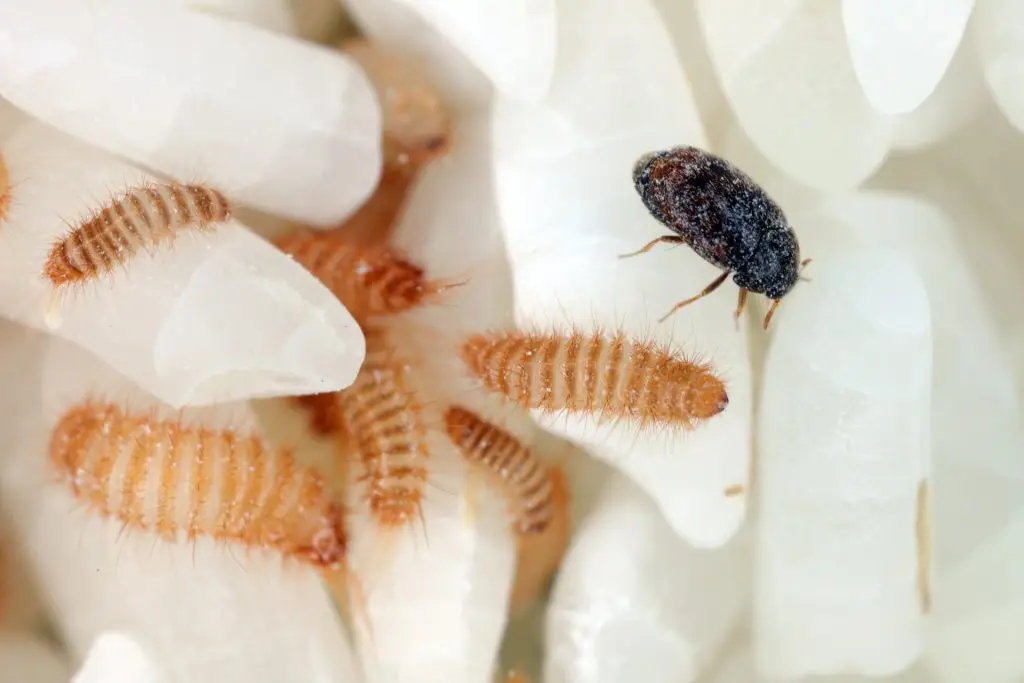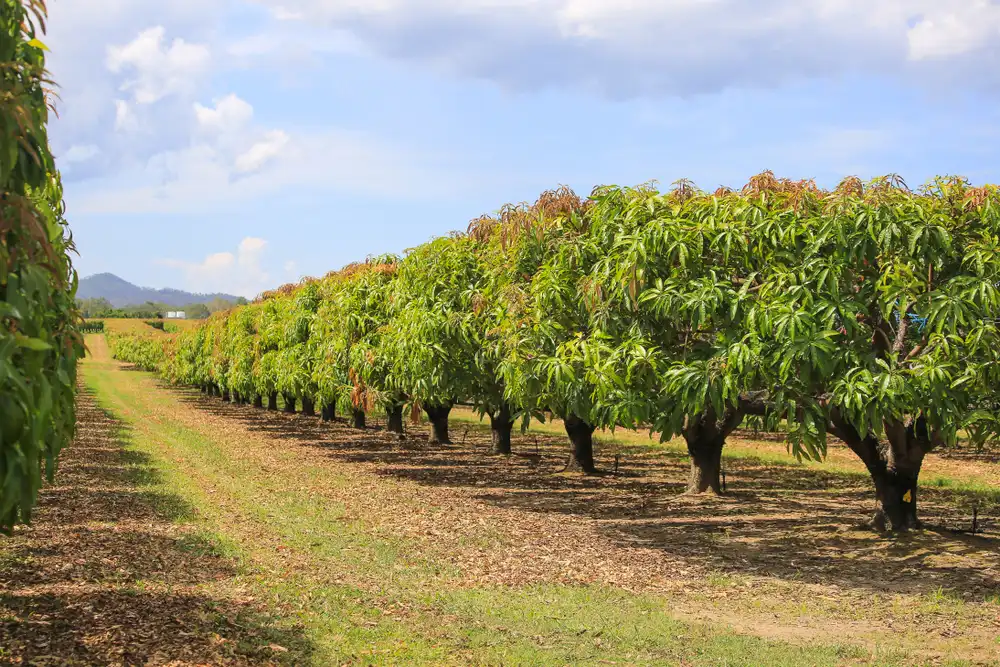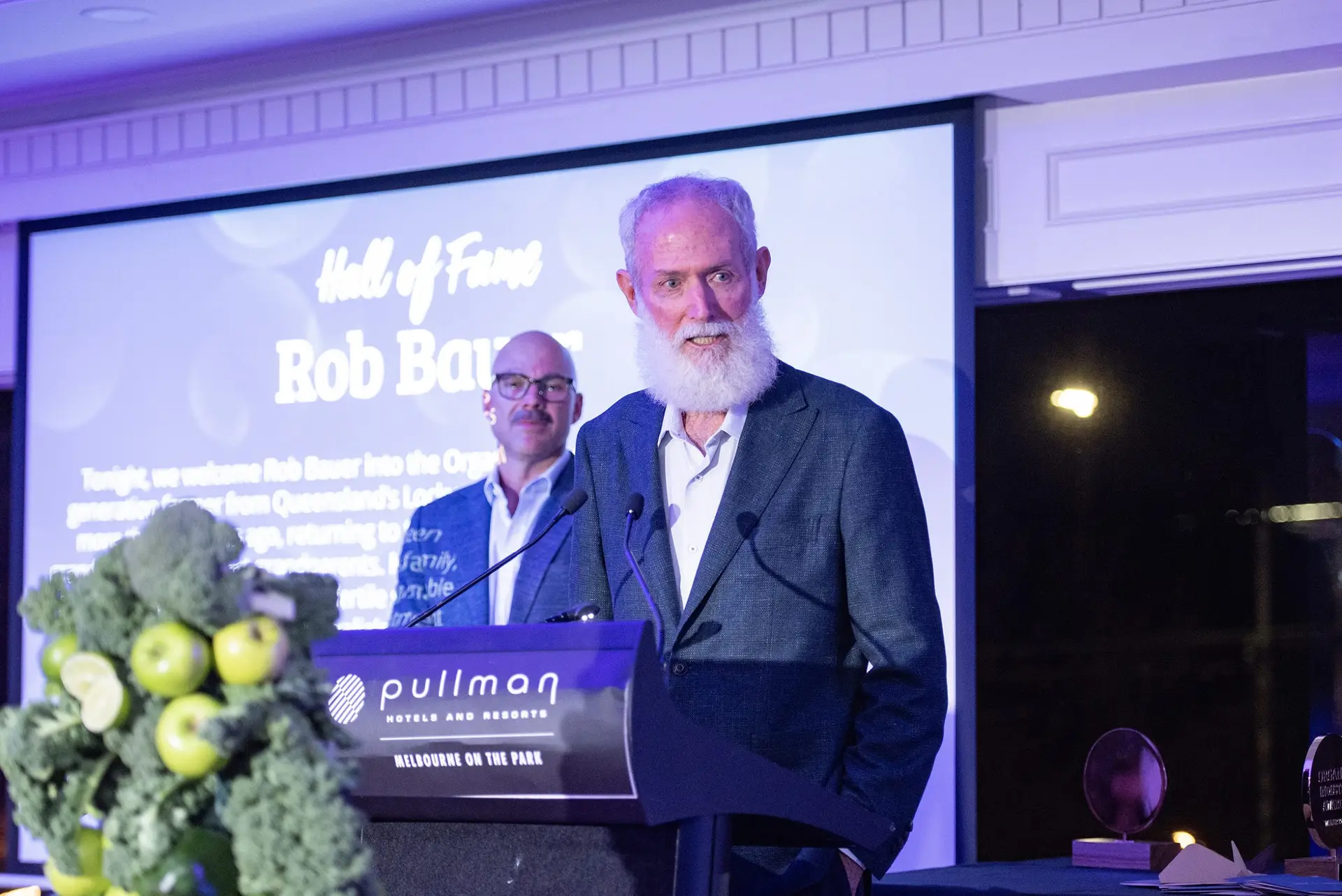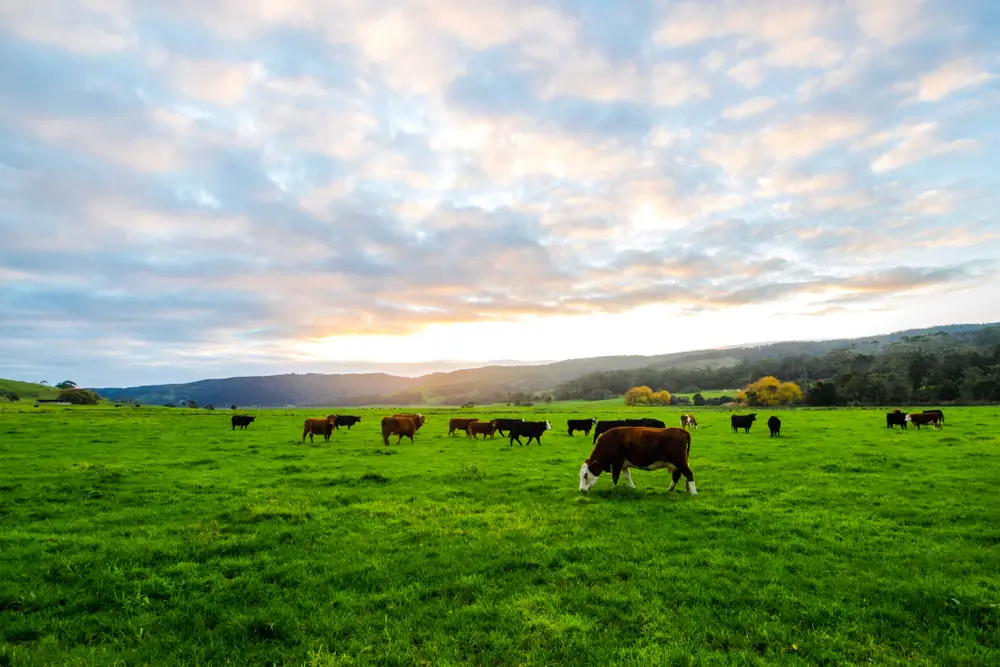In December 2021, the Australian Government released details of the National Khapra Beetle Action Plan 2021-2031, to help manage the threat of khapra beetle entering Australia.
Minister for Agriculture David Littleproud said the National Khapra Beetle Action Plan 2021-2031 will assist national efforts to remain vigilant about the pest and enable Australian importers to deal with the risk.
“It is not present in Australia, but it is a highly invasive and poses a major threat to Australia’s grains industry, with an outbreak estimated to cost $15.5 billion to Australia over 20 years.
“In 2020-21, there were an unprecedented 19 khapra interceptions at the border including in consignments of baby highchairs, white goods and in cardboard.
“That is why the government acted swiftly to provide $14.5 million to implement stronger measures to minimise the risk posed by khapra beetle, in addition to our over $400 million investment in biosecurity in the recent budget.
In August 2021, Australian Organic Limited successfully negotiated alternative treatments to protect organic imports from Khapra Beetle.
Following the Government release of Urgent Actions to protect against khapra beetle, all high-risk products from high-risk countries would need to be treated with methyl bromide or heat in order to enter the country or be destroyed.
Overseas, Khapra beetle (Trogoderma granarium) is a serious pest of stored grains, rice, oilseeds and dried foodstuffs. In hot conditions, populations build up swiftly, causing significant losses to produce held in stores such as grain in silos. Infested stores also become contaminated with beetles and cast skins and hairs from larvae which can be a health risk.
In addition to its human toxicity and ozone depletion, Methyl Bromide adversely affects a number of durables in terms of loss of viability, quality changes, taint and residues. Such a treatment would render certified produce no longer organic. Heat treatment was, therefore, the only option for organic importers, however, it can severely damage the quality of goods and lead to loss of product shipments. An alternative for organic importers was required.
AOL completed a member consultation survey regarding current biosecurity measures within the organic sector, researched further measures and proposed peer-reviewed options to Government to ensure that Khapra beetles are kept out of Australia and certified organic produce is allowed in. Certified organic products imported to Australia already go through more mandatory checks than conventional produce. Products are tested for pesticide residues, quality, and containers are sealed to prevent contamination of the high-value organic goods with conventional produce.
Following an investigation by AOL, the proposed legislation affected over 200 tonnes annually of organic spices, rice and legumes coming from countries like India, Pakistan, Sri Lanka, and Turkey.
Khapra Beetles are extremely hardy with the diapausing larvae stage surviving for years without food. This life stage required additional measures on top of normal organic controls in order to ensure no surviving larvae in shipments.
Through member consultation and peer-reviewed science, modified atmospheres was proposed. Modified Atmospheres is, as its name suggests, the process of altering Carbon Dioxide (CO2), Oxygen (O2) and Nitrogen (N2) to unfavourable levels for Khapra beetle survival. The Government accepted 5 treatment concentrations, times and temperatures for organic importers to use.
AOL hopes that these treatments will provide importers and exporters with biosecurity options to ensure continued supply of organic products in Australia. Should you have any issues or further questions, please don’t hesitate to get in touch.
To read more about AOL’s success in negotiating an alternative treatment for organic produce, see here: https://austorganic.com/australian-organic-successfully-negotiates-alternative-treatments-protecting-organic-imports-from-khapra-beetle
AOL hosted an informative webinar for organic importers presenting different technologies to be able to fulfil the treatment options and government representation for further questions. You can find the link to this here: https://austorganic.com/events/biosecurity-for-organic-importers/
For more information Khapra beetle, please go to the Government Khapra beetle website here:https://www.awe.gov.au/biosecurity-trade/pests-diseases-weeds/plant/khapra-beetle/urgent-actions
AOL remains committed to providing suitable options for the organic industry whilst protecting Australian Biosecurity.





